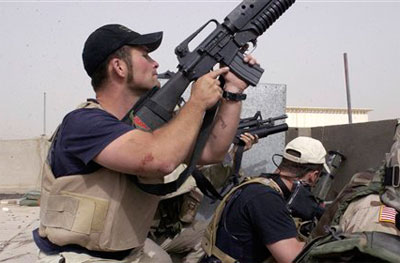
On November 30, Pope Francis encouraged the leaders of Muslim countries to publicly condemn acts of terrorism carried out in the name of Islam. The Pope suggested that a global condemnation of terrorism would help to eliminate the stereotype that Islam is a violent religion.
While in Istanbul, the Pope and the Ecumenical Patriarch Bartholomew I, in a joint declaration, touched upon a shared concern for Christians being persecuted by ISIS in the Middle East, as well as tensions between Orthodox and Catholic communities in Ukraine. At the same time, the leaders publicly spoke of the importance of “promoting a constructive dialogue with Islam based on mutual respect and friendship.”
Muslim leaders must be accountable for the actions carried out in the name of religion. By specifically calling on the leaders of Islamic states to condem acts of terrorism, the Pope has publicly admonished them for failing to do so.
Muslim leaders however, are generally reluctant to issue statements of condemnation. This hesitancy stems from the political influence of certain religious groups. However, Muslim leaders should seriously consider the Pope’s advice, as their silence ultimately implies sanction. By at least denouncing acts of terrorism, the leaders of Muslim countries, which include both political and religious figures, will demonstrate that violence in the name of religion is not supported. It is a step towards that constructive dialogue between the two faiths that the Pope is hoping to achieve.
Worldwide, the Muslim community must collectively take partial responsibility to dispel the stereotypes that link Islam with terrorism. Likewise, political and religious leaders must play their part as well. The simple act of denouncing acts of terror perpetrated in the name of Islam proves to the international community that Muslim countries are not okay with the actions of these misguided individuals and groups.




